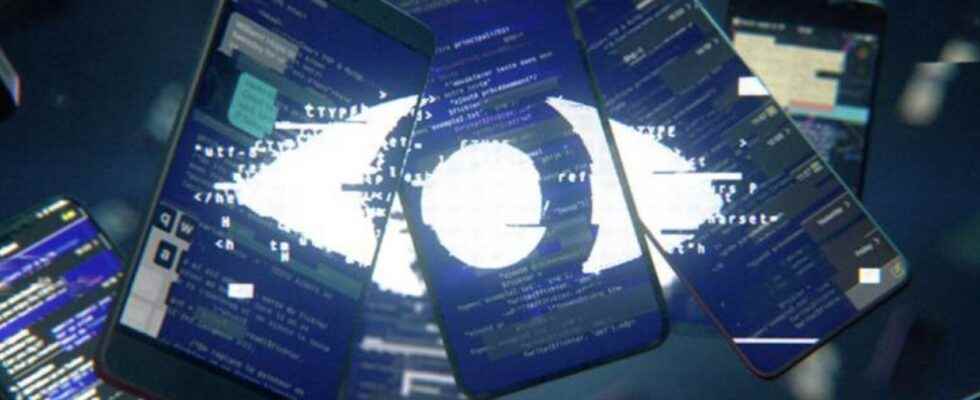You don’t have to be the NSA to have mass surveillance capabilities. Private companies can also achieve this. The proof by example is provided by the information site The Intercept, which reveals the extraordinary possibilities of the American company Anomaly Six, a very discreet subcontractor of American federal agencies.
In a commercial presentation of its offer – the video recording of which was sent by a whistleblower – it claims to be able to track more than three billion smartphones worldwide. How ? Thanks to GPS data provided by mobile applications to advertising professionals. The latter, as we know, accumulate mountains of data every day to optimize their marketing campaigns. Unfortunately, these databases are often resold after the fact and circulate through the ecosystem without any transparency.
Also see video:
In theory, this advertising data is anonymized, but given its volume and detail, it is relatively easy to reveal the identity of who is behind a smartphone. Anomaly Six, who is not afraid, does not hesitate to show his potential customers the movements of people frequenting the headquarters of the NSA and the CIA. By analyzing them, it is easy to discover their home, their vacation spots, and even their missions abroad. In its sales pitch, the company also shows the movements of an American aircraft carrier, a Chinese submarine and Russian mercenaries employed by the Wagner company.
The possibilities, as we can see, are vast, as are the data collected. Anomaly Six explains that it can collect between 30 and 60 location points per day and per tracked terminal. In addition, it specifies that it actually collects around 2.5 trillion points per year. It can be deduced that the company monitors an average of 230 million terminals per day. Obviously, the company does not stop there. It also has a base of two billion e-mail addresses and other personal data from, again, mobile applications.
Twitter to the rescue
Among the partners on whom Anomaly Six particularly counts, there is Zignal Labs, which was mentioned several times during the presentation. This company provides surveillance services to federal agencies based on messages posted on Twitter. As such, it has access to the platform of this microblogging service and can analyze hundreds of millions of tweets every day. This is especially useful for Anomaly Six, as the Twitter app can also retrieve GPS coordinates.
Legally, all this coupling obviously poses a problem. Indeed, Twitter’s terms of service do not allow this type of access if the purpose is surveillance or intelligence. It would seem that Zignal Labs voluntarily concealed this usage from Twitter. More generally, the massive collection of location data from three billion users is an insult to the protection of personal data.
Unfortunately, Anomaly Six and Zignal Labs are far from alone in this niche of Big Data monitoring. Others, like Babel Street and Dataminr, take advantage of this legal gray area to pump as much data as possible from mobile apps and offer surveillance services that are ultimately quite similar to those developed by the NSA. But it is very likely that these activities are illegal, including in the United States, where the 4th amendment of the constitution protects the privacy of citizens against the state.
Source: The Intercept
